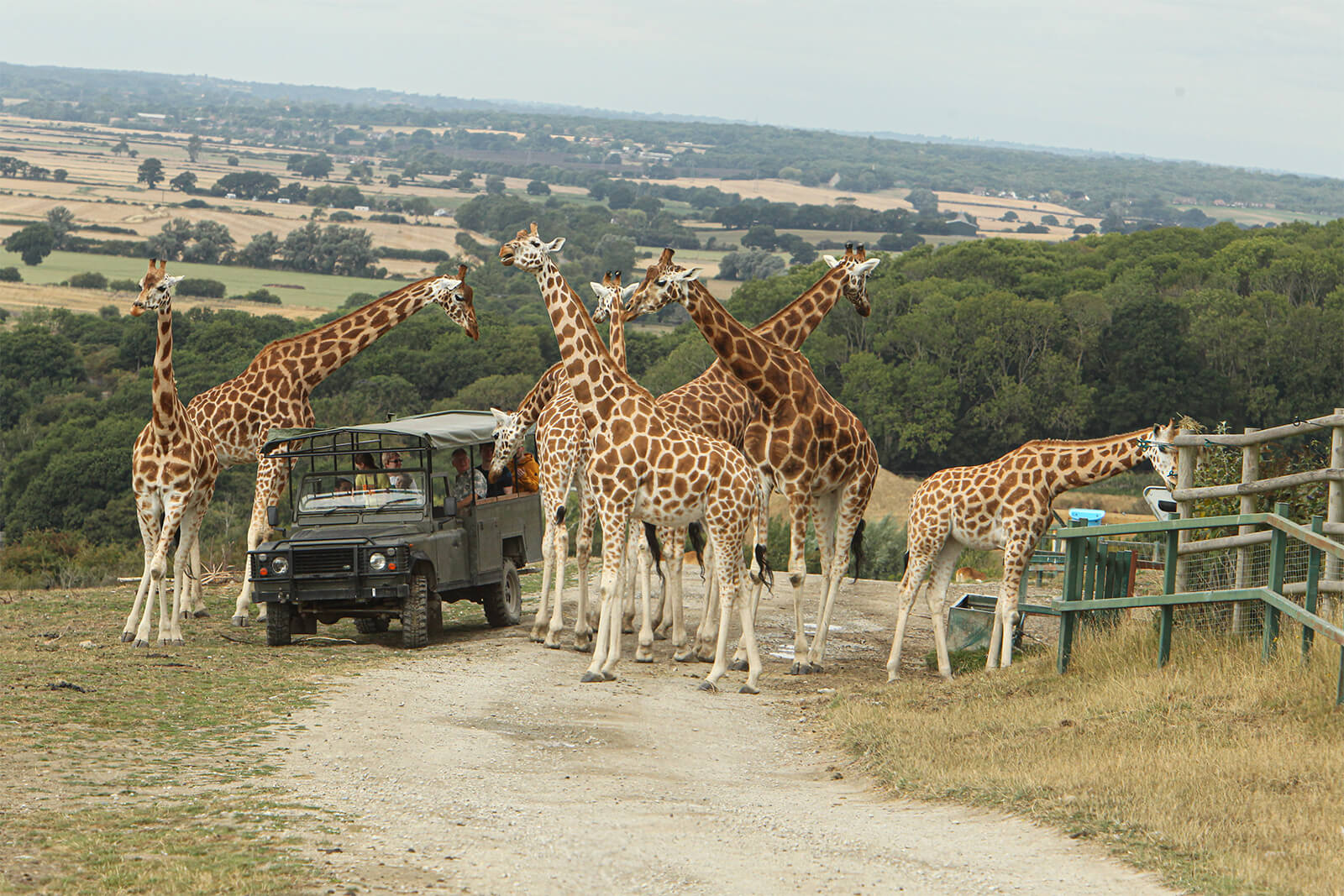RSPB Big Garden Birdwatch takes place on January 26, 27 and 28
The world’s largest garden wildlife survey - critical in tracking declining numbers of UK birds– is appealing to volunteers to take part in this month’s event.
The RSPB Big Garden Birdwatch provides a snapshot of how the nation’s garden birds are faring in the face of disease, climate change and threats to their habitat.
It requires volunteers to watch and count the birds in their nearest open space over the course of an hour during the last weekend of January.
Last year over half a million people across the country took part – counting nine million birds.
Among them were 17,000 people in Kent where the House Sparrow, Starling and Blue Tit took the top three stops as the most commonly seen species.
This year’s event marks the 45th year since the first Big Garden Birdwatch in 1979 and since then people’s efforts have helped enable the RSPB to identify where bird populations are both thriving and declining.
It was the Birdwatch that was first to alert officials to a decline in Song Thrush numbers, which are down 80% when compared to the first Big Garden Birdwatch in 1979. This species was a firm fixture in the top 10 in the early years, but by 2009, its numbers were less than half those recorded 30 years beforehand.
Also among those struggling is the House Sparrow which - while still the number one bird to be spotted in gardens last year - has experienced a 60% drop in its population since the Birdwatch project began.
Greenfinches and Chaffinches, hit badly by the disease Trichomonosis, have too seen numbers plummet. The UK Chaffinch population has declined by 37% over the last decade and Greenfinch numbers have fallen by 62% over the same time frame.
This year’s event takes place on January 26, 27 and 28.
Households are asked to spend just an hour watching and counting the birds in their garden, balcony or local park, before sending their results to the RSPB.
Participants must sign up at www.rspb.org.uk/birdwatch where they’ll also be given further instructions.
Beccy Speight, RSPB chief executive, said: “By taking part in the Birdwatch you are joining hundreds of thousands of people from across the UK, united in a love of nature, to play an important role in helping us understand how UK birds are doing.
“With birds and other wildlife now facing so many challenges due to the nature and climate emergency, every count matters.”




 (1) (1) (1) (1).jpg)
